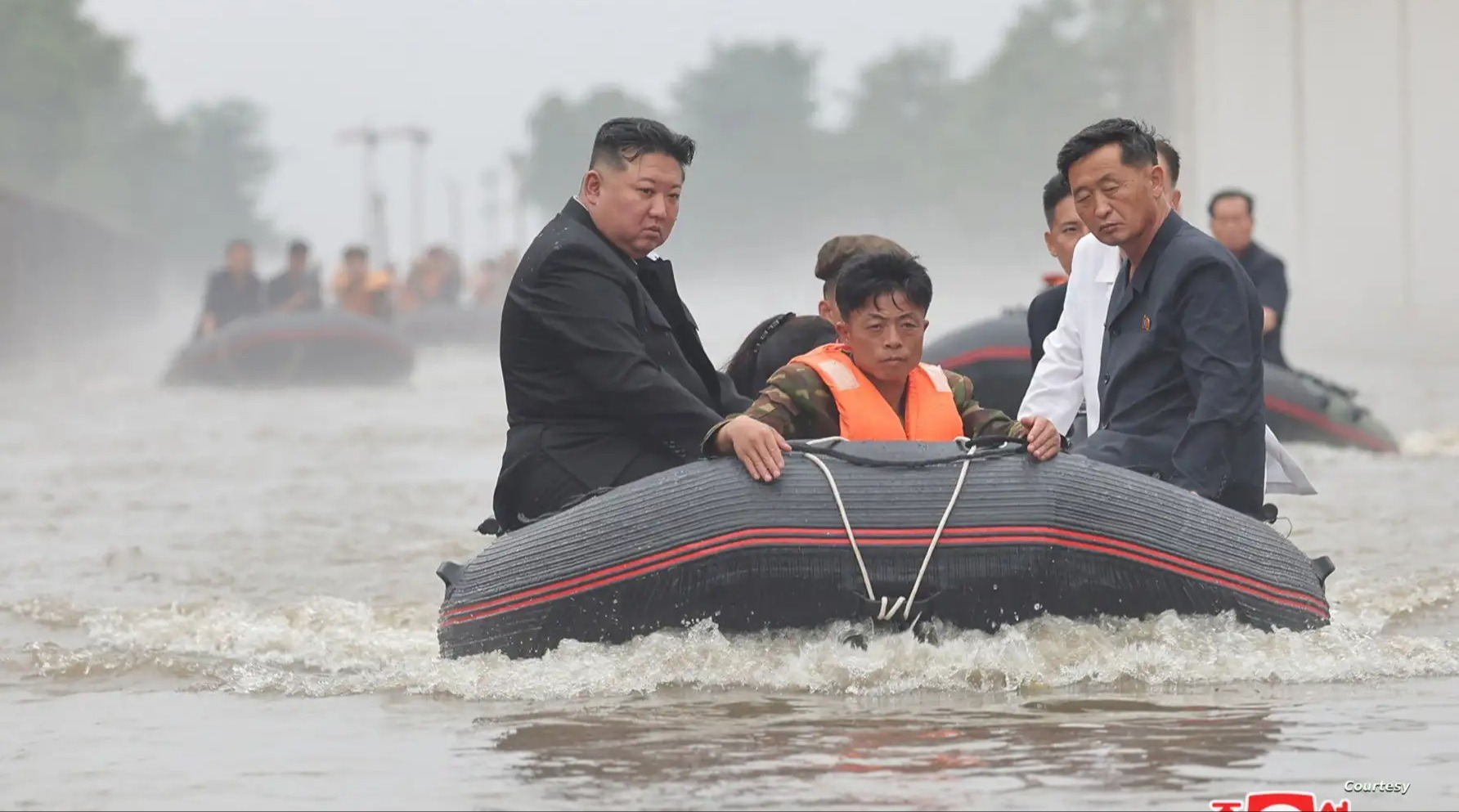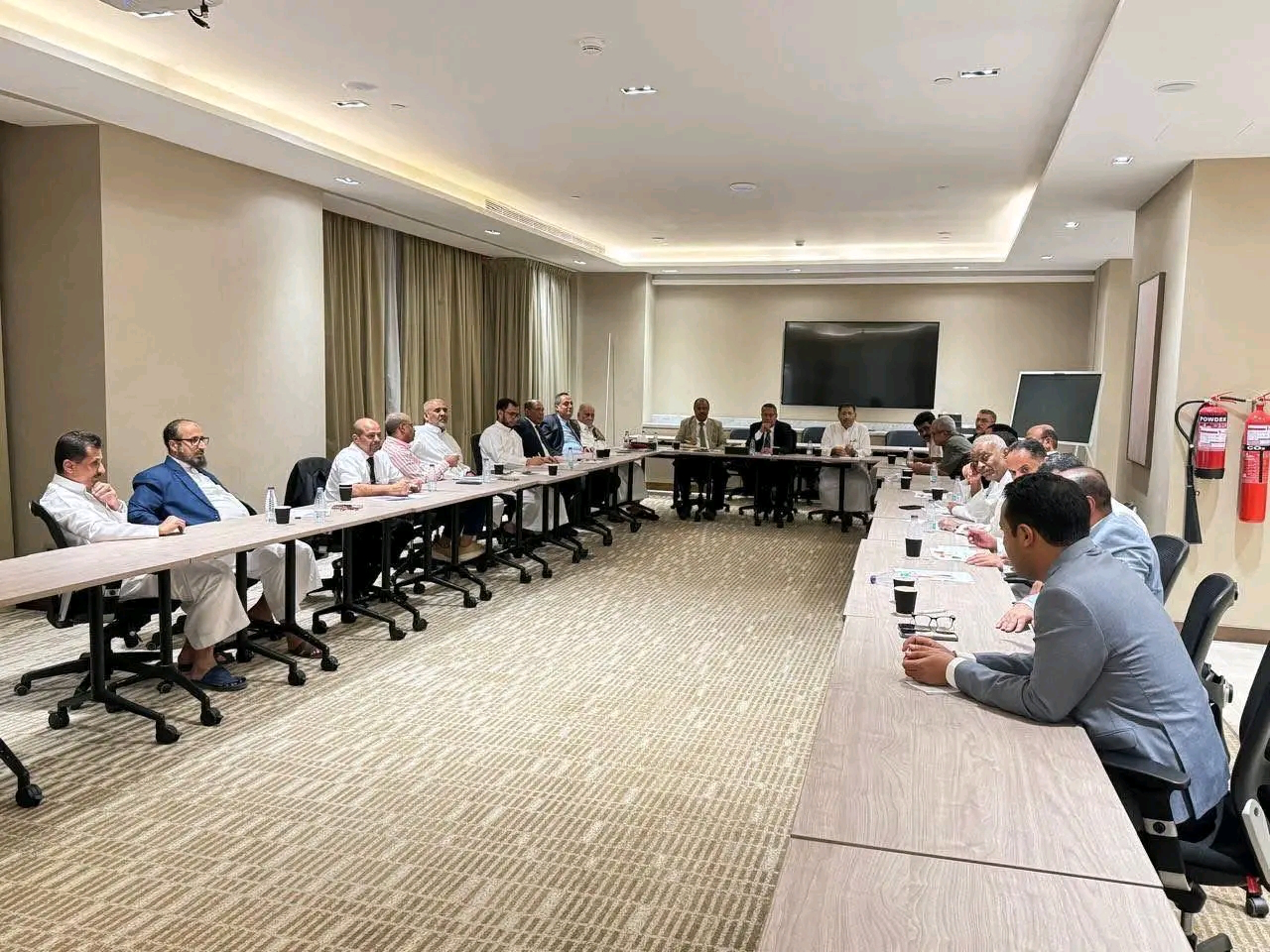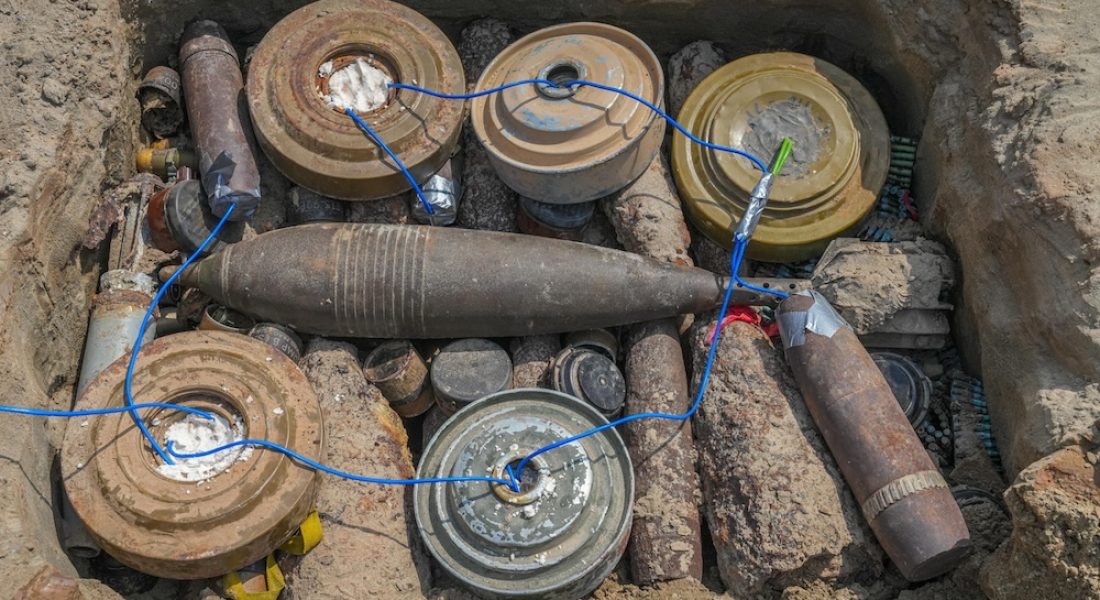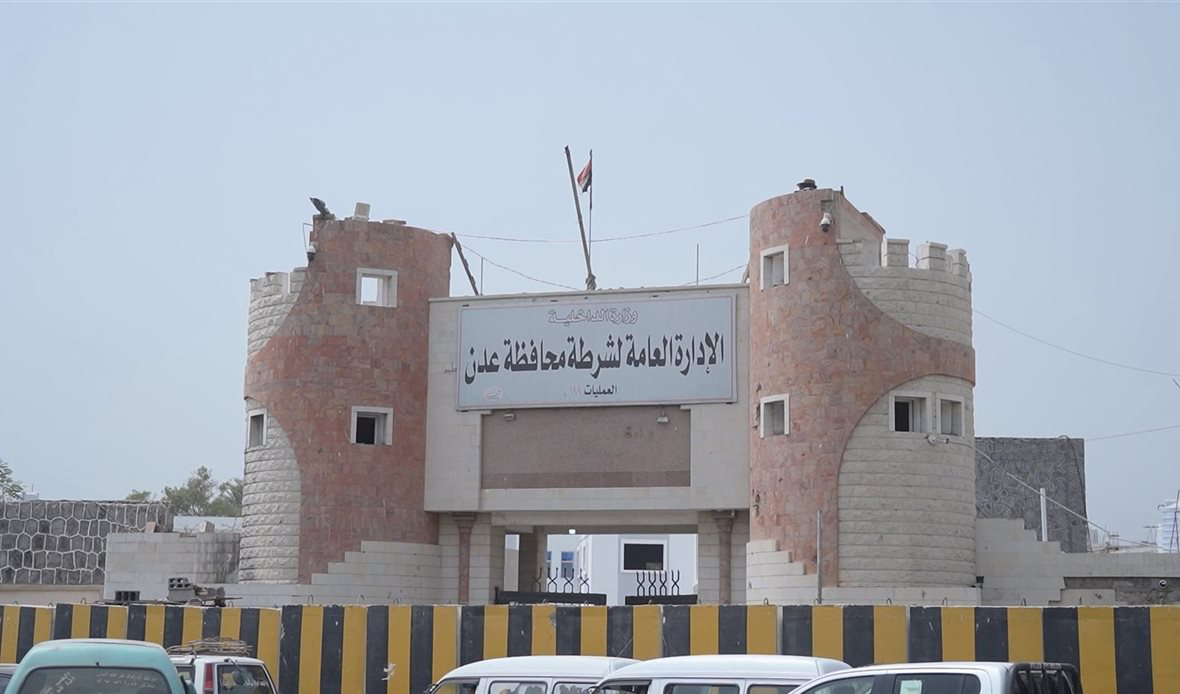
News Agencies
North Korean leader Kim Jong-un has declared that his country will not seek any foreign assistance in the wake of devastating floods that ravaged areas near the Chinese border. Instead, he has ordered the relocation of thousands of displaced residents to the capital for better care.
Kim estimated that rebuilding homes and stabilizing the flood-affected regions would take two to three months, according to the Associated Press.
In the meantime, his government plans to house around 15,400 people, including mothers, children, and elderly individuals, in facilities in Pyongyang, the official Korean Central News Agency (KCNA) reported on Saturday.
Kim made these comments during a two-day trip to North Hwanghae Province, where he met with flood victims and discussed recovery efforts. He expressed gratitude for offers of humanitarian support from foreign countries and international organizations but emphasized self-reliance.
"What we consider best in all fields and operations of state affairs is the firm trust in the people and the way of comprehensively tackling problems on the basis of self-reliance," Kim said, according to KCNA.
While North Korea hasn't disclosed the number of fatalities, Kim reportedly blamed officials for "unforgivable losses."
The International Federation of Red Cross and Red Crescent Societies (IFRC) had previously expressed concern over the humanitarian situation in North Korea, highlighting the extensive damage to homes and agricultural land caused by the floods.
The UN Resident Coordinator for North Korea, Jo Chol-hwan, has stated that the UN is prepared to return to the country to support Pyongyang in its recovery efforts.
"And also through working on long-term resilience if the government requests it," he added.
North Korea reopened its borders in August 2023, lifting stringent pandemic control measures imposed since 2020, which had restricted all cross-border activities, including humanitarian aid.
Despite the opening of the border, no foreign aid workers are present in the country. A visit by the head of the Food and Agriculture Organization (FAO) to Pyongyang in July did not yield any significant results in this regard.





